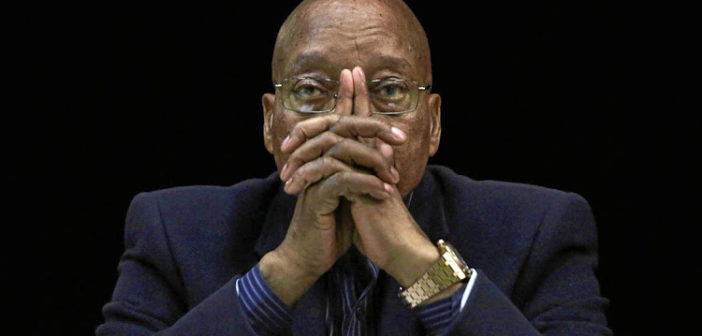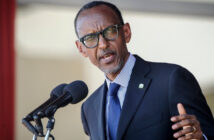It’s the end of Jacob Zuma as the president of South Africa as he resigned last night in a climax to a dramatic week of political turmoil.
Earlier yesterday in an interview with South African Broadcasting Corporation, Zuma tried to defy his party ANC by claiming that he has done nothing wrong and that he needs to resign. Slamming the party for not providing him with the reason for his recall.
President Jacob Zuma finally accepted the inevitability of his political fate late on Wednesday night when he resigned with immediate effect. By doing so he cut short his second and final term as president of Africa’s largest economy with over a year still to run.
This was not regime change as Zuma implied. It was a palace coup, very similar to the one Zuma had overseen when Thabo Mbeki was removed from office ten years ago in September 2008.
Unlike many African countries, in which numerous heads of state have clung onto power for decades, yesterday’s turn of events could be seen as a victory for the country’s democracy. It has proved to be resilient in the face of the Zuma-enabled project of state capture.
Commendation must be given to the opposition parties in South Africa for bringing to the fore all the ills of Zuma, the judiciary for being firm and independent, and the ANC for standing with the people irrespective of Zuma being their member. The dignity and tenets of democracy were on full display in South Africa. Hopefully, the legislators and party faithful in Nigeria will learn a thing or two from the South Africa experience.
Cyril Ramaphosa, and South Africa, now have a clear run at addressing the many urgent problems that have hindered economic growth and confidence in recent years. They have given themselves an opportunity to rebuild the lost social compact of the Mandela years. And recover from the draining swamp of Zuma’s rule.




